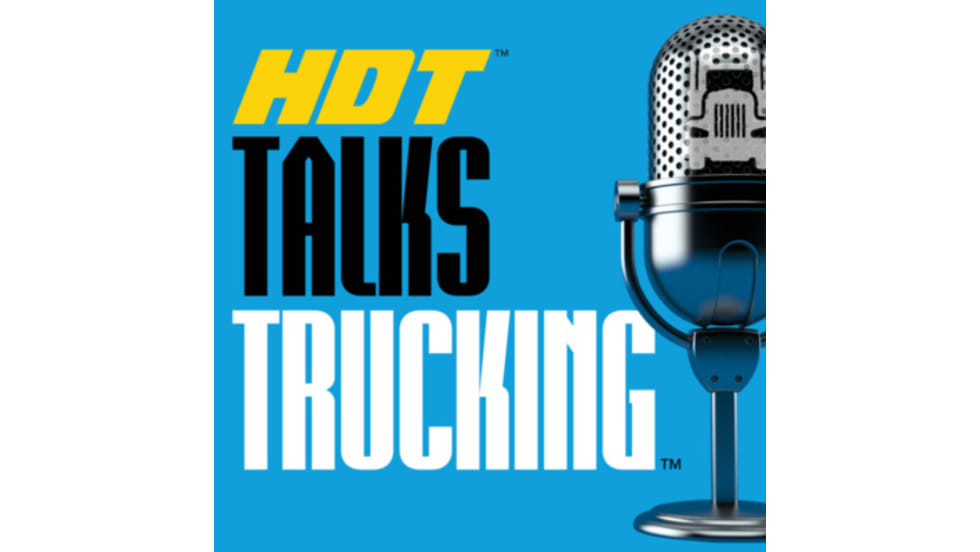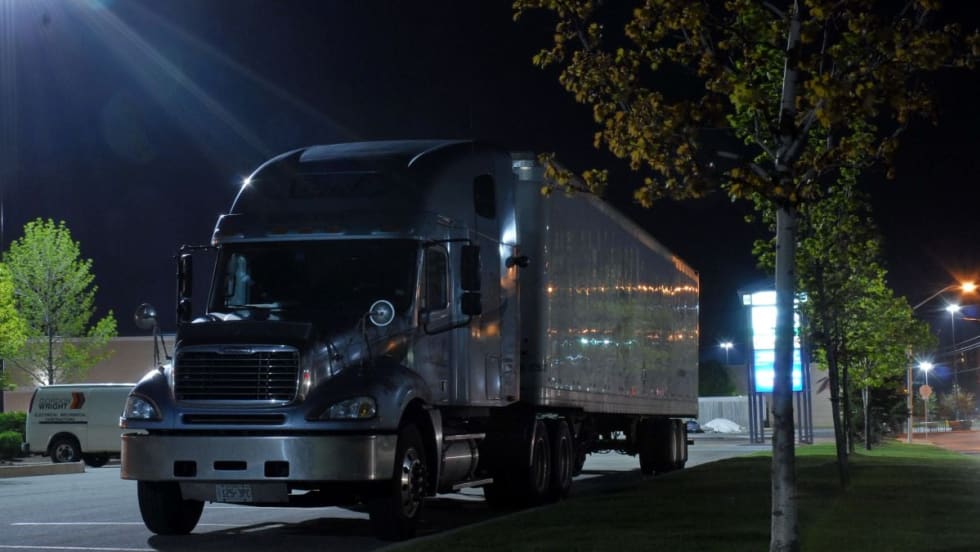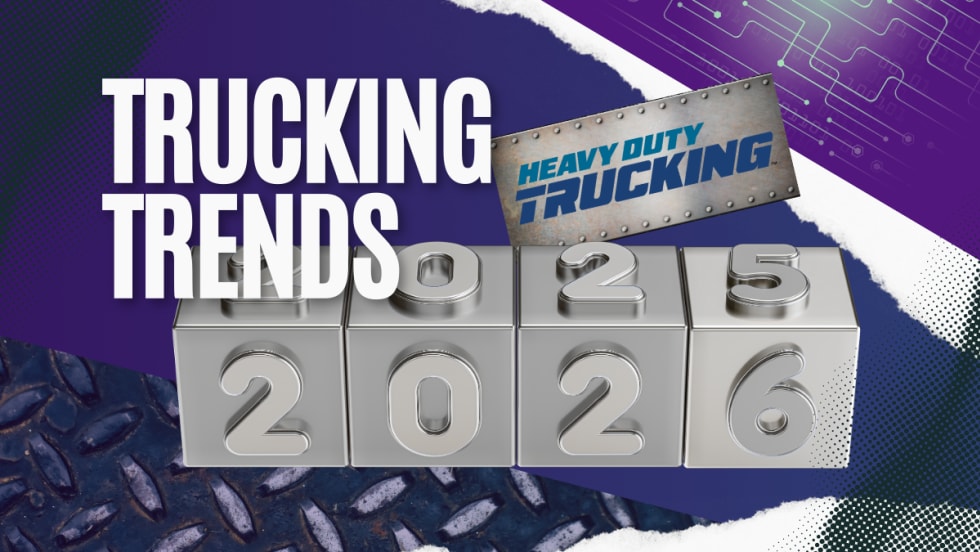The California Trucking Association and two California owner-operators have filed a lawsuit seeking to halt the wage relief order decision handed down by the state’s Supreme Court.
The California Trucking Association (CTA) and two California independent owner-operator drivers have filed a lawsuit in U.S. Southern District Court seeking declaratory and injunctive relief against the unconstitutional interpretation of the state’s wage order test by the California Supreme Court (Court) in its Dynamex Operations West, Inc. v. Superior Court (Dynamex) decision. In the suit, plaintiffs contend that the Dynamex decision prohibits independent owner-operator drivers from contracting and performing trucking services for licensed motor carriers in California.
In the landmark Dynamex Operations West Inc. v. The Superior Court of Los Angeles County decision, the state Supreme Court ruled that certain workers, in particular transportation drivers, should be presumed employees instead of independent contractors when evaluating wage and hour classification in class action cases.
The court found that Dynamex, a courier and delivery service, had misclassified its couriers as independent contractors in order to cut costs. The court noted that "the misclassification of workers as independent contractors rather than employees is a very serious problem, depriving federal and state governments of billions of dollars in tax revenue and millions of workers of the labor law protections to which they are entitled."
The plaintiffs argue that the Dynamex ruling should not be enforced because it is preempted under the supremacy clause of the U.S. Constitution, which sets the decision in direct conflict with a federal law Congress passed in 1994 to prevent states from enacting laws that affected a motor carrier's prices, routes and services. The Dynamex decision also imposes an impermissible burden on interstate commerce under the U.S. Constitution’s commerce clause.
“This unprecedented Court decision wrongfully overturns decades of employment law and takes away the rights of tens of thousands of owner-operators to operate independently,” said Shawn Yadon, CEO of the California Trucking Association.
Independent-contractor drivers have represented a sizeable portion of the trucking industry for decades. In the United States, more than 500,000 drivers choose to be independent owner-operators, citing the freedom and flexibility that work model affords them.
“By choosing our own hours, setting our own schedules and being our own bosses, independent owner-operator truck drivers, like me, have found the freedom to spend more time with our families, earn higher compensation and, for some, the ability to start our own trucking business,” said Ravinder Singh.
Although there is a significant shortfall of drivers to fill existing employee positions, more than 70,000 current drivers still choose to operate as independent owner-operators in California.
According to the plaintiffs, the California Supreme Court’s decision to determine whether a worker is characterized as an independent contractor or an employee was not only surprising, it was unprecedented in California.
“The California Supreme Court has imposed a new test that has never existed in any form in California and, in doing so, completely ignored federal transportation law supporting the well-established and efficient business model of using owner-operators to transport this nation’s goods,” said Robert R. Roginson, attorney for CTA.
By replacing the longstanding multi-factor control test under a 1989 case called Borello, with a one-size-fits-all A-B-C test, consisting of highly restrictive criteria, this new test threatens to eliminate the independent contractor model in California for nearly all industries, including trucking.
“Owner-operators are integral to the trucking industry and many of today’s largest trucking companies started with just a single truck,” said Yadon. “Not only is the new ‘A-B-C’ test, set by the Dynamex decision, to determine whether a worker is an employee or independent contractor unconstitutional, but its implementation and enforcement will also deprive the next generation of truckers the entrepreneurial opportunity to grow."
A copy of the legal complaint can be found here.













